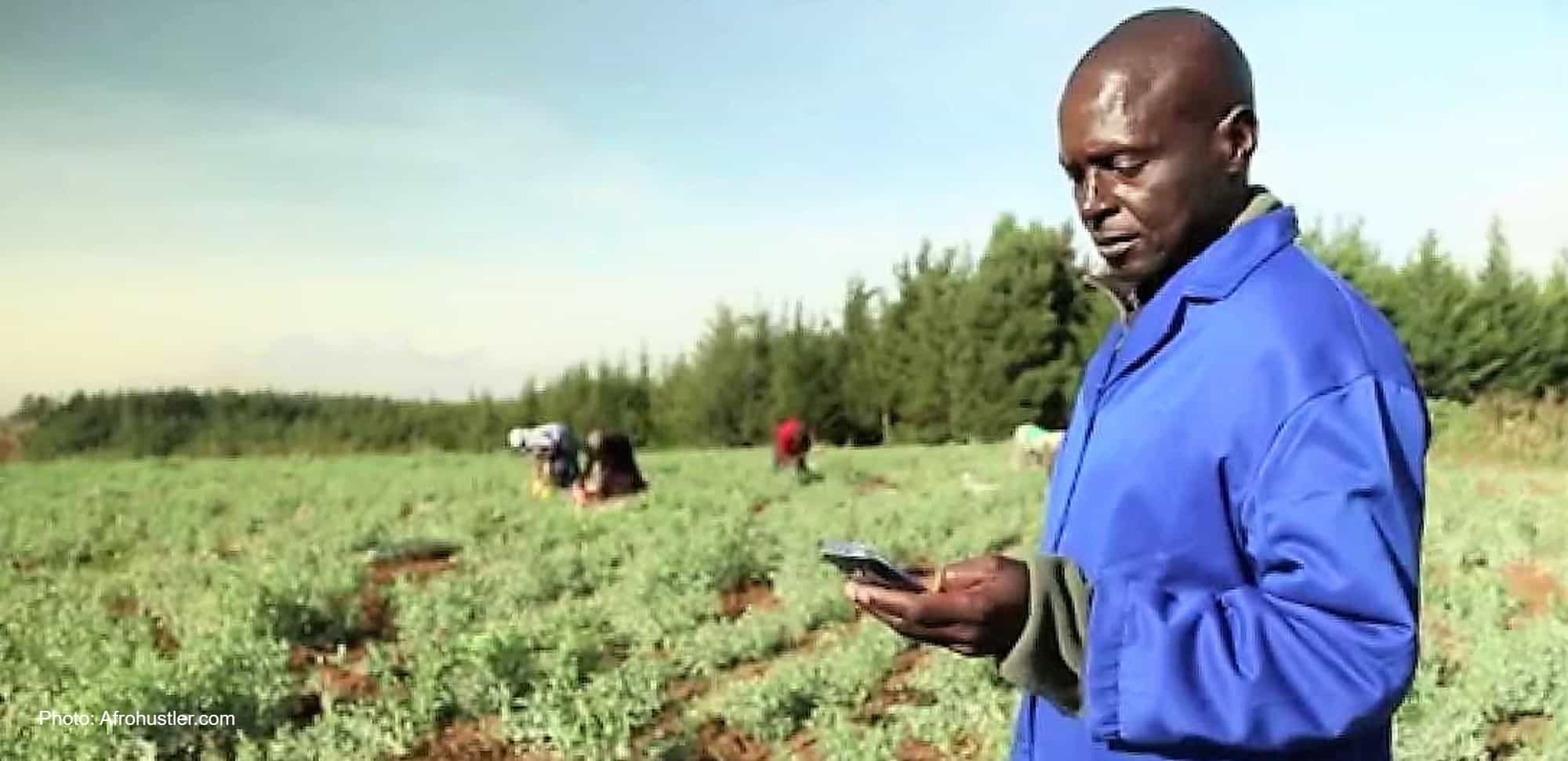Driven by the world’s largest foundation and engaging some of the best minds, we are putting together one of the most unique efforts to radically transform smallholder farming.
The Bill and Melinda Gates Foundation is stimulating a long absent big-picture view of data that most researchers or institutions have not been able to achieve. This savvy and user-centric perspective considers primarily how the valuable data they generate can be put to use at a large scale for the farming communities across Africa that need it most.
This pragmatic view is a founding principle of COSA and we are working closely with Rothamsted Research, the UK’s most august research institution, the CGIAR, Innovative Solutions for Decision Agriculture (iSDA), Rogers MacJohn, and Dalberg Advisors to design a platform that takes on the challenge of unlocking the enormous value available in numerous knowledge repositories and delivering that knowledge to smallholder farmers and the organizations they work with.
There is a colossal amount of useful data from decades of research that, because of its complexity and lack of standardization, is inaccessible to farmers and extension agents who need it most. COSA’s President Daniele Giovannucci shares that, “As we develop optimal standards for the data, it will help dissolve some of the existing data silos.” But just providing data is not enough, he adds. It needs to be distilled into knowledge that can be readily queried by end-users and contribute to functional management decisions.
By dedicating its focused skill and resources, the team intends to develop a standardization protocol and a system to create a new level of interoperability between some of the major data silos that exist today. The partners are encouraged by the potential this work has to explode the breadth and depth of learning available from the research, and believe that we can also do much more.
Consider that, for the first time, precision agriculture can be available to small farmers! By blending current big data sources with geospatial information we can target knowledge to the particular set of conditions and needs a farmer has. For example, we can now pinpoint a farm and by developing big data to understand the soil profile of a farmer and overlaying that with weather and crop data, we can deliver crop-specific agronomic information to that very farmer, that represents the state-of-the-art or the best knowledge available from decades of farming systems research. A farmer or an extension agent could receive tailored advice that allows optimal crop and environmental management with few wasted resources.
This work helps to realize one of COSA’s fundamental commitments to data democracy, in that the means are now available to connect farmers and business managers with valuable information that is accessible and easily digested – and not just for scientists or technical experts. Richard Rogers, Managing Director of Rogers MacJohn, states, “We selected COSA not just for its deep experience with leading institutions such as FAO, the World Bank, and IFAD but also for its pragmatic approach to designing technology solutions with industry that serve real-world decision making.”
The potential benefits include greater farm profitability and financial resilience through reduced production risk, lower production cost and greater yield over the same land area. It won’t be easy but the payoff is worth it and, we believe, that this democratization of data to allow better local decisions is the future.






